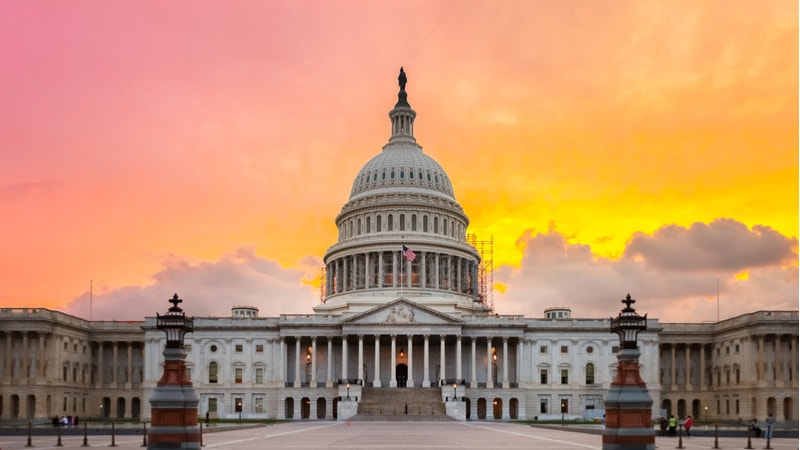
The $908 billion emergency COVID relief package debuted Dec. 14 by a bipartisan group of senators proposed another big round of Paycheck Protection Program (PPP) work for the Small Business Administration (SBA), along with a $10 billion lifeline for broadband connectivity and distance learning programs.
The two-bill Senate package includes a fully-written $748 billion component and another $160 billion measure focused on getting aid to state and local governments. The latter portion is still subject to negotiation on issues including liability protections. The full text of the legislation has not been released.
The group of senators – led by Sens. Joe Manchin, D-W.Va., and Susan Collins, R-Maine – backing the legislation said they worked backward from the $908 billion figure for which the White House and Treasury have already voiced some support. The bills in large part focus on shoring up relief programs that are set to expire at the end of the month or soon thereafter.
“These bills are comprehensive, but they don’t cover everything that everyone would want,” Sen. Collins said at a Dec. 14 press conference. “Undoubtedly, depending on the course of this pandemic, we may have to do more. But surely, we can come together and provide this relief before we break for the Christmas holiday. The American people deserve no less.”
The larger of the two bills includes $180 billion for additional unemployment insurance, $288 billion for another round of PPP loans to be distributed by SBA, and money for housing assistance, student loans, and vaccine development and distribution. The bill also includes $10 billion to pay for broadband, with $6 billion of that aimed at service deployment, and $3 billion to support distance learning.
“If there’s anything we’ve learned from this pandemic, among many other lessons, is that we need to be connected. Seniors need to be able to do telehealth; students need to be able to connect with their schools. And there are huge gaps in this country in terms of connectivity, particularly in rural areas,” Sen. Angus King, I-Maine, said.
“There’s a significant portion of this bill that directly addresses that in terms of emergency connectivity over the next several months, but also in terms of developing the infrastructure to make those kinds of connections important,” Sen. King said.
While the first bill reflects a consensus among the group of senators sponsoring the legislation, there are still disagreements over liability provisions in the smaller, second bill.
The second bill would send $160 billion dollars to state, local, and tribal governments, with Native American tribes getting $8 billion of that total.
The Senate bills also have some bicameral support, with the Problem Solvers Caucus in the House working to combine the two bills into one, caucus co-chair Rep. Josh Gottheimer, D-N.J., said at the press conference.
